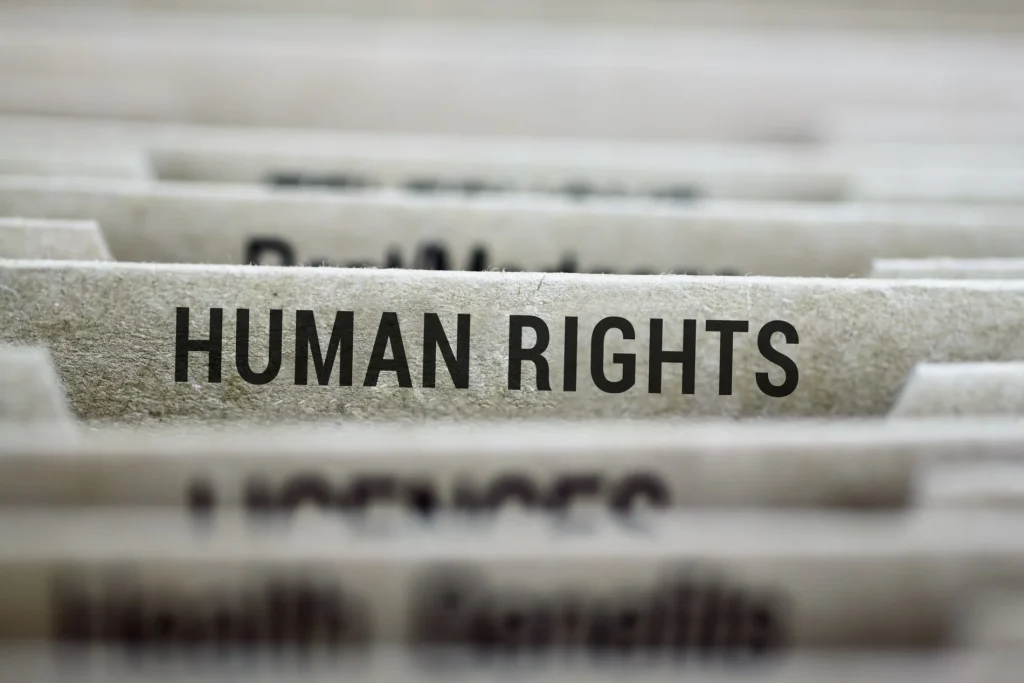The Unyielding Quest for Human Rights: A Collective Responsibility
In a world that boasts technological advancements and economic growth, the fundamental rights of human beings often remain neglected. , which are the cornerstone of justice, freedom, and equality, serve as the bedrock for a fair and peaceful society. Despite global efforts, the pursuit of human rights is far from complete. This blog post aims to shed light on the importance, the challenges we face, and the collective responsibility we share in ensuring these rights are upheld for everyone, everywhere.
Understanding Human Rights
freedoms that belong to every person in the world, from birth until death. These rights include, but are not limited to, the right to life, liberty, education, freedom of expression, and protection from discrimination. The Universal Declaration of (UDHR), adopted by the United Nations in 1948, remains a guiding document that outlines these , affirming that “all human beings are born free and equal in dignity and rights.”
The Importance of Human Rights
Human rights are crucial in establishing a world where justice, fairness, and peace prevail. They protect individuals and groups from abuses, ensuring that everyone can live with dignity and respect. Without these rights, societies can fall into tyranny, inequality, and violence.
- Dignity and Equality: At the core of h is the recognition of the inherent dignity and equal rights of all people. These principles are vital for a just society where everyone is treated with fairness, regardless of their background, gender, or beliefs.
- Empowerment: Human rights empower individuals to stand up for themselves and others. They provide a framework that allows people to challenge injustices and demand accountability from those in power.
- Peace and Stability: Societies that uphold are often more stable and peaceful. When people feel respected and valued, they are more likely to contribute positively to their communities and the world.
Challenges to Human Rights
Despite the progress made, human rights violations continue to occur across the globe. Some of the challenges include:
- Discrimination: Discrimination based on race, gender, religion, or nationality remains a significant barrier to achieving for all. Marginalized communities often face systemic injustices that deny them access to education, healthcare, and employment.
- Conflicts and Wars: Armed conflicts and wars often lead to gross human rights violations, including genocide, torture, and forced displacement. Innocent civilians, especially women and children, suffer the most in these situations.
- Authoritarian Regimes: In countries where authoritarian regimes hold power, freedoms such as speech, assembly, and the press are often suppressed. Dissent is crushed, and those who speak out against the government face imprisonment, torture, or even death.
- Economic Inequality: Extreme poverty and economic inequality exacerbate abuses. People living in poverty are often denied access to basic necessities, such as clean water, education, and healthcare, trapping them in a cycle of deprivation.
Our Collective Responsibility
The fight for human rights is not just the responsibility of governments and international organizations; it is a collective responsibility that involves every individual. Here’s how we can contribute:
- Education and Awareness: Educate yourself and others about human rights issues. Understanding the challenges and complexities of these issues is the first step towards making a difference.
- Advocacy: Advocate by supporting organizations and movements that work towards justice and equality. Use your voice to speak out against injustices, whether in your community or globally.
- Empathy and Compassion: Cultivate empathy and compassion for those who are suffering. Understand that are universal and that every person, regardless of their background, deserves to live with dignity.
- Action: Take action, whether it’s through volunteering, donating, or simply raising awareness. Small actions, when multiplied, can lead to significant change.
Conclusion
The quest is an ongoing journey that requires the efforts of everyone. It is a fight for justice, equality, and the dignity of all people. While the challenges are vast, the collective power of individuals and communities can drive meaningful change. Let us remain vigilant and committed to ensuring that human rights are respected and upheld for every person, everywhere. In doing so, we not only create a better world for ourselves but also for future generations.


